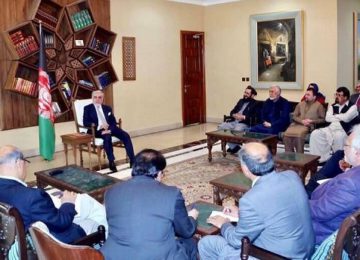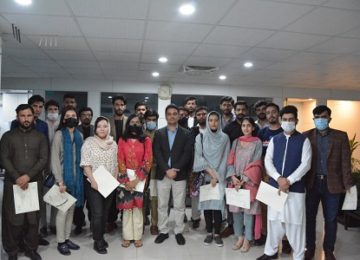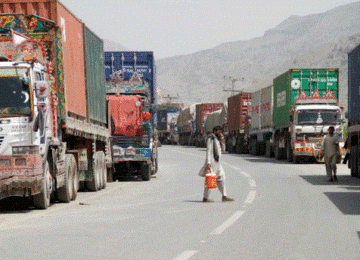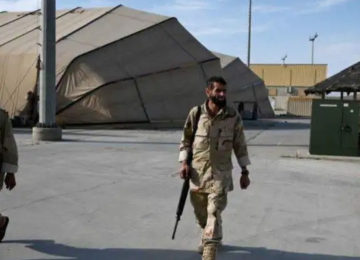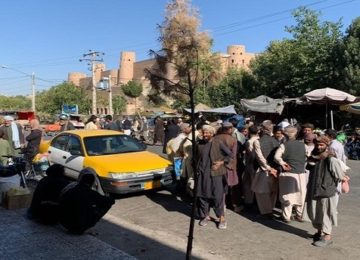Lieutenant General (r) Nasir Janjua, Pakistan’s National Security Adviser, on Monday alleged that the United States was seemingly speaking India’s language, and that both the US and India had similar ideas regarding Kashmir issue. Janjua, while speaking at a security seminar in Islamabad on Monday, also accused the United States of exporting war and instability to South Asia. Janjua’s speech also highlighted current bilateral tensions between Washington and Islamabad.
Some quotes from the speech he gave a seminar on the national security policy in Islamabad.
- The US accuses Pakistan of having ties with the Haqqani network and the Taliban when, in actuality, Pakistan only started facing terrorism when it aligned its forces with the US and paid a heavy price in its fight against terrorism but the world never recognised its losses.
- The US is willing to give India a bigger role in Afghanistan while blaming Pakistan for its own failure in the region.
- India was given clear preference over Pakistan by the US even though India “continuously threatens” conventional war with Pakistan.
- The US wants imbalance in the region to ensure that China does not rise and that there is no resurgence of Russian powers in the region (in reference to the multi-billion dollar infrastructure development and communications China-Pakistan Economic Corridor project)
- Pakistan has defeated the enemy’s dangerous goal by defeating terrorism. Today, Balochistan is once again ringing with slogans of jeevay jeevay Pakistan (long live Pakistan).
- There is still a long way to go as the Taliban in Afghanistan are becoming stronger and India is accumulating more and more weapons.
Janjua, in his speech, also wished for better ties with India, and questioned whether nuclear-armed neighbours should remain enemies forever. He concluded his speech by arguing that Pakistan’s geopolitical location and potential gave placed it in a good position for economic growth and becoming Asia’s production hub.
© Center for Research and Security Studies (CRSS) and Afghan Studies Center (ASC), Islamabad.




